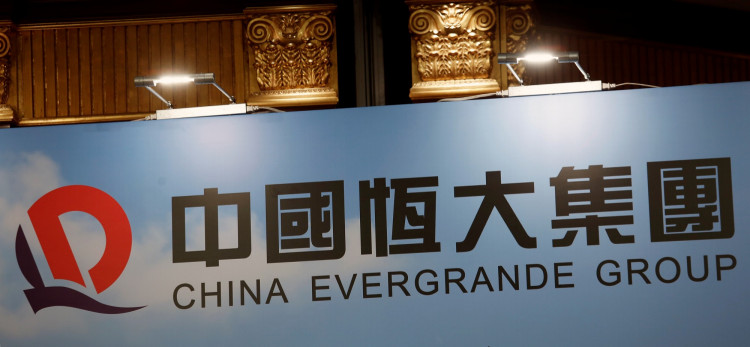One of China's largest developers, and the most in debt, is planning a top-up share placement to raise as much as $1.1 billion. China Evergrande Group will use the proceeds to shore up its finances and reduce liabilities.
The company is expected to offer up to 490 million shares. Each share will be priced between HK$16.50 and HK$17.20, representing an 11.1% discount over its closing price of HK$19.34 per share Monday in Hong Kong. Trading on Tuesday was temporarily shut owing to a typhoon. Following its announced discounted share placement plan, the company's stock prices fell 16% to a close of HK$16.06 a share Wednesday.
According to the terms of the deal, China Evergrande will have the option to sell an additional 120 million shares depending on the demand. The sale is expected to begin Wednesday and settle Friday. Shares sold will be subject to a 90-day lock-up as indicated in the transaction's terms.
The developer, controlled by billionaire Hui Ka-yan, has struggled to keep up with its debt payments. Last month, the company got breathing space after it struck a land deal with investors to cover repayments of $13 billion. Apart from shedding assets, the company is also slashing prices on its unsold homes.
Analysts at Kamet Capital Partners said that the placement should buy China Evergrande some more time. However, analysts point out that the $1 billion it will raise will likely be insufficient to significantly pare down its large debt. Kamet Capital stated that the amount should keep some creditors at bay for a couple of months while the company attempts to conduct asset sales and fundraising activities.
News of the top-up placement managed to somewhat lift the company's bonds particularly its dollar-denominated notes that are set to be due next year. However, its share prices, which had dropped by more than 31% since hitting a high in early July, still remain at record low levels.
China Evergrande is the latest major corporation to tap into investors for cash amid the monthslong economic slump caused by the pandemic earlier in the year. According to Refinitiv data, at least 179 companies had launched similar offerings between January and September. The transactions managed to raise $29.4 billion, nearly triple the amount raised over the same period last year.





